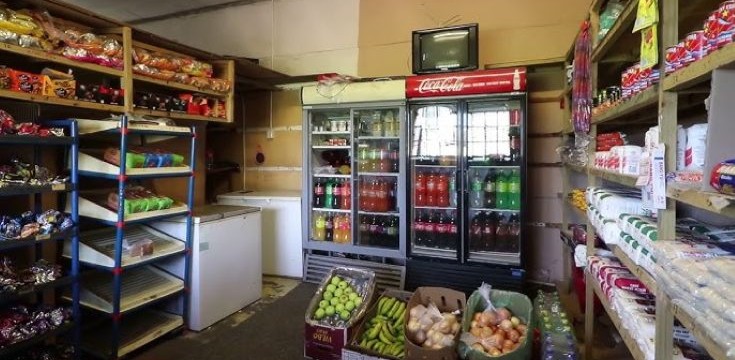While the shift toward cashless payments is gathering pace globally, with just 16% of in-store transaction value being made in cash in 2023, the picture in South Africa remains noticeably different. Despite high levels of bank account penetration, many South Africans still rely heavily on cash. For this reason, we should be creating a ‘cash-smart’ society that caters to those who want to use money, while also promoting the development of cost-effective and widely accessible digital alternatives.
Let’s face it, the use of cash isn’t just a habit, but a deeply practical choice for millions of South African consumers, many of whom put more trust in physical money that is both tangible and familiar. Currency is immediate; there is no specific account, device, or password or internet connection needed for usage, and cash is almost universally accepted, from formal stores to spazas and tuck shops.
Most importantly, for the country’s cost-conscious citizens, cash means that there are no confusing account fees, and households can budget down to the last cent. Current realities dictate that going totally cashless is not a viable goal. For example, cash is still widely available in countries like Sweden, although only around 10% of transactions are carried out using cash.
Not cashless, but cash-smart
Back home, the South African Reserve Bank (SARB) doesn’t quite envision a 100% cashless future either and is looking at adopting a hybrid approach instead. Its Payments Ecosystem Modernisation (PEM) initiative aims to offer cost-effective, simple, and accessible digital payment options through the following shifts:
- Lowering wholesale digital payment costs through regulatory intervention, making them viable for spaza shops, street vendors, and small retailers.
- Carrying out broader infrastructure investment to ensure stable connectivity in rural and township areas.
- Engaging in public education and trust-building initiatives so digital payments feel as reliable, cost-effective, and straightforward as cash.

These changes can help South Africa shift into a cash-smart society, where cash remains available for those who prefer it, digital payments are made affordable enough for small merchants, and consumers are able to pay digitally without fearing unpredictable fees.
Spaza shop operators are extremely cash-smart; they have adapted in response to their customers’ wanting more choice when it comes to preferred payment methods, and they, too, are acutely aware of how much cash they would then need to budget for their own living expenses versus where they can tap into the benefits of making card or digital payments. Just like their customers, they are cognisant of when a transaction is more feasible in cash or when to use digital means, specifically when considering cost, speed, and safety.
Not about advanced technology, but accessible technology
Paying suppliers electronically is about more than just convenience, but improved safety and security from not having to handle large sums of physical money, as well as speed of transaction clearing. Quick access to funds is critical in this sector, and spaza shop operators often only provision enough stock for a few days. As such, a supplier or distributor can’t afford to wait for three or four days for their funds to clear in a traditional banking account.
The working capital lifecycle is extremely important in this industry for people to make a profit, due to consistently small margins, and technology solutions developed by fintechs play a crucial role in local economies by giving business owners the same immediate access that cash does.
Driving growth by giving customers more choice
When entrepreneurs are trading within a closed-loop system, such as the case with Shop2Shop, the company has full transparency of transaction flows and can use this information to gain a better understanding of the business to offer fit-for-purpose solutions. In addition, being able to work with both cash and digital payments not only opens up new opportunities from a customer perspective but also gives merchants access to a broader marketplace of suppliers, with whom they can trade and then pay using their preferred method.
At the end of the day, businesses need to be careful about only accepting cash or not accepting cash at all, and basing these decisions on observed international trends. There are valid reasons why a large portion of the population still favours cash, and digital payments need to be made more affordable and seamless to encourage adoption, rather than being forced on people and businesses through a top-down approach.
The real measure of progress in a cash-smart society is not the percentage of cashless transactions, but the freedom of choice for every South African to pay and be paid in a way that works for them.




